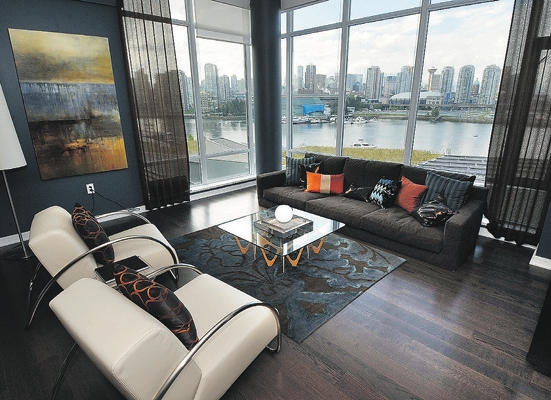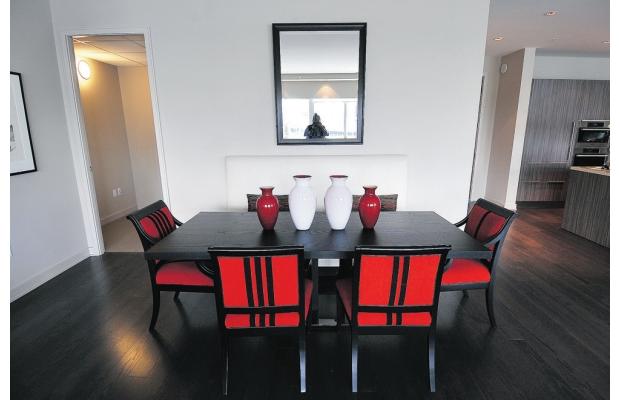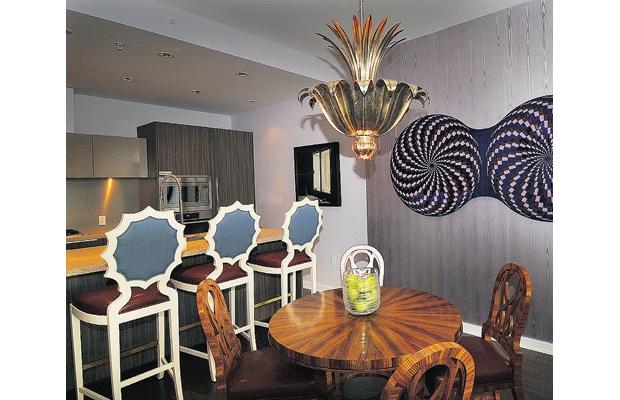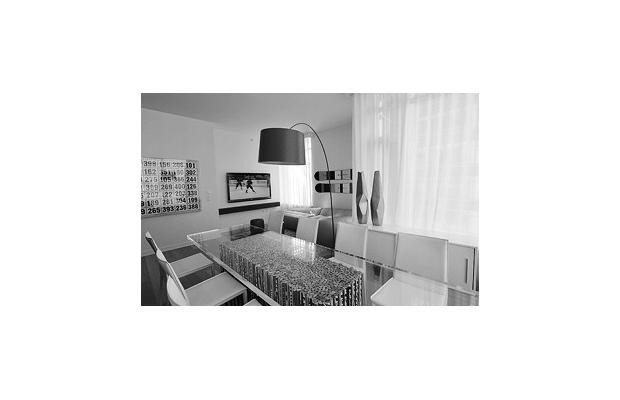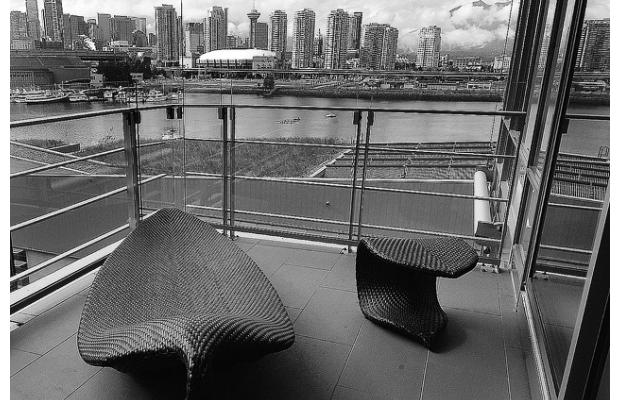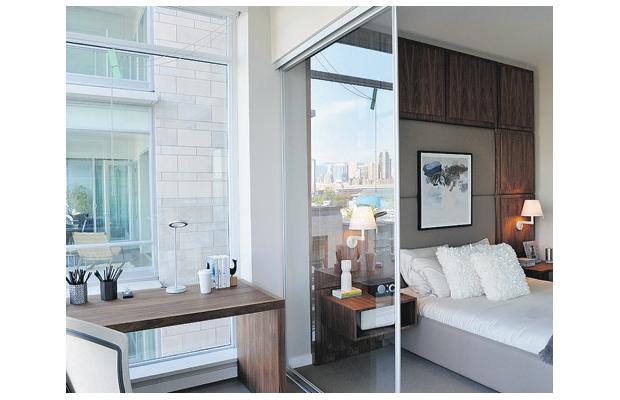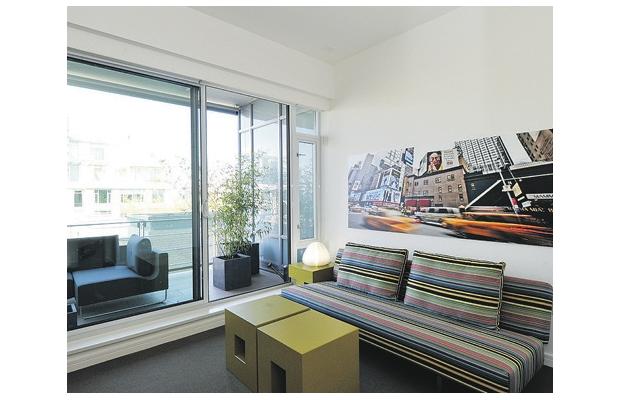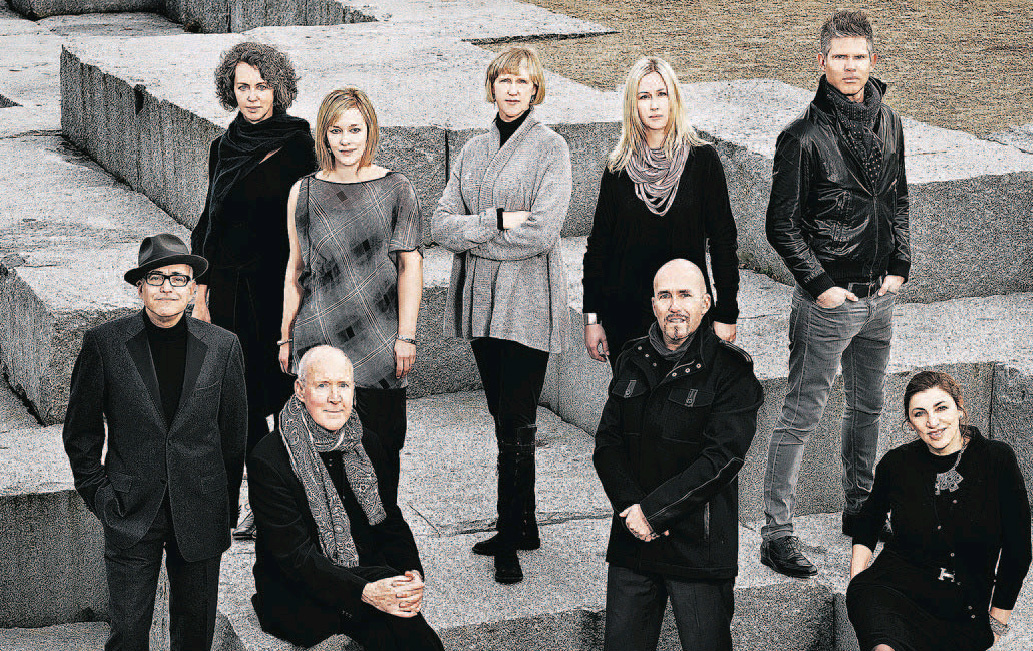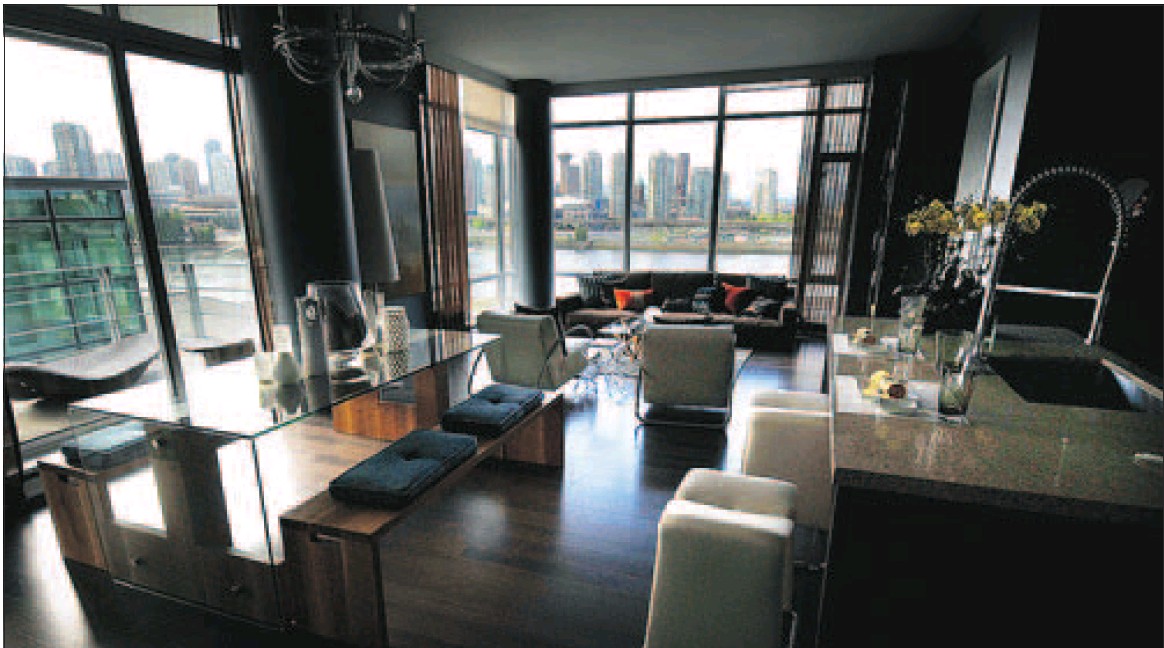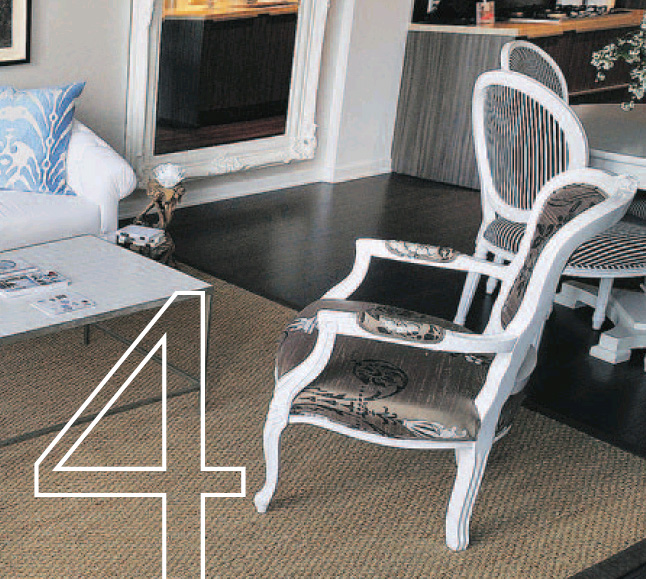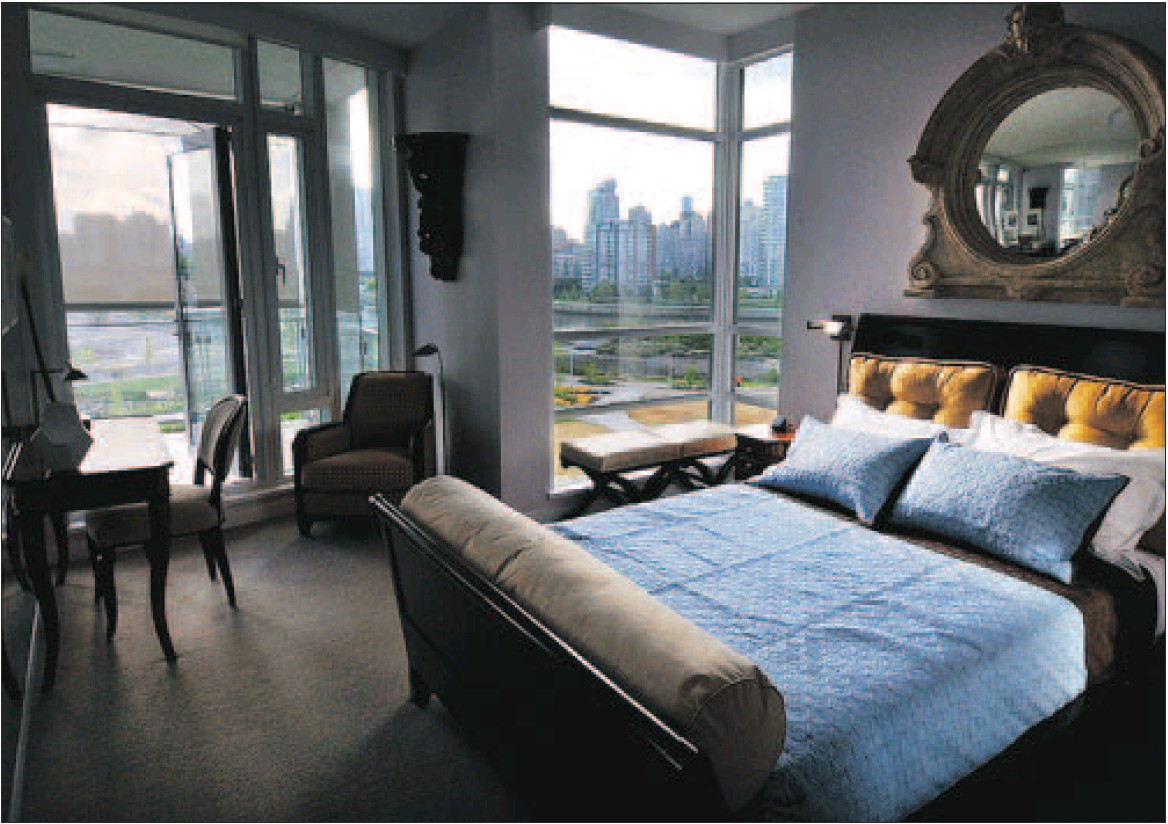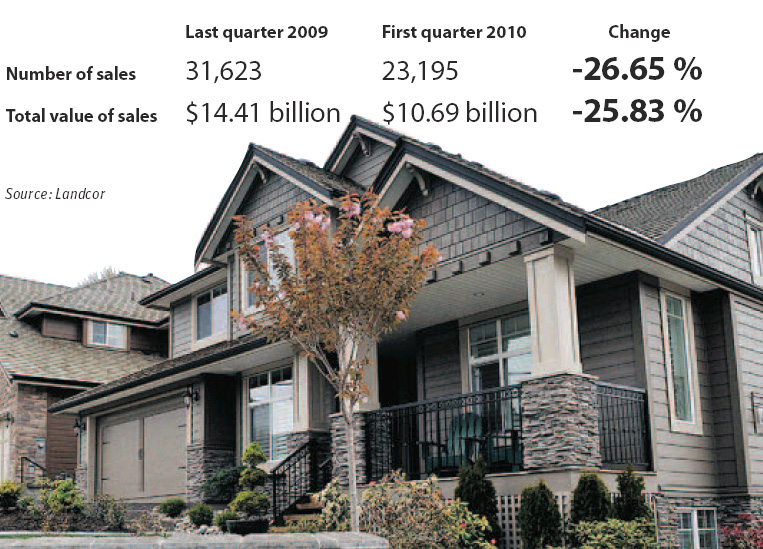Stephanie Armour
USA Today
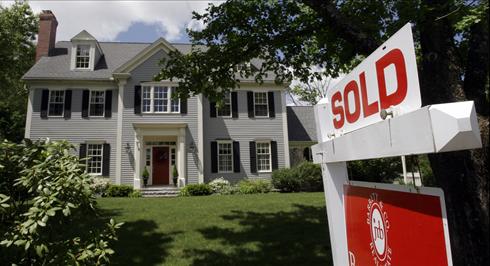
Previously owned home sales jumped in the Northeast, Midwest and South. Only the West saw a decline. By Bill Sikes, AP
Existing home sales jumped in April as buyers rushed to take advantage of home buyers tax credits before they expired last month.
Sales increased 7.6% to a seasonally adjusted annual rate of 5.77 million units in April from an upwardly revised 5.36 million in March, according to a report Monday from the National Association of Realtors (NAR). That’s 22.8% above the 4.70 million-unit pace in April 2009.
Economists attribute much of April’s boost to buyers’ scramble to buy homes before the deadline for the tax credit, which provided up to $6,500 for move-up buyers and up to $8,000 for first-time buyers. Sales are expected to weaken after June.
“I thought the market would get a nice impact (from the tax credit),” says Lawrence Yun, chief economist with NAR. “But (growing) inventory is raising a little concern. It could put downward pressure on prices. Through June, sales will be elevated, and after June, measurably lower.”
The national median existing-home price was $173,100 in April, up 4% from April 2009. Distressed homes, which include those sold at foreclosure or short sales, accounted for 33% of sales last month. Distressed properties tend to bring down overall home prices.
Total housing inventory at the end of April rose 11.5% to 4.04 million existing homes available for sale, which represents an 8.4-month supply at the current sales pace, up from an 8.1-month supply in March.
The recent rise in home sales is attributed to other factors along with the tax credit. Home prices in general have fallen so low that they’re luring more buyers.
Mortgage rates also have hovered around a low 5%, making it an attractive time to purchase a home, says Stuart Hoffman, chief economist at PNC Financial Services.
“Everything sort of just lined up,” Hoffman says. “You had a very active market. (But) the upward momentum won’t be sustained at this pace.”
Joel Naroff, at Naroff Economic Advisors, says he expects sales will fall fairly sharply in the next couple of months.
“We are going to get a couple of months of softer sales,” Naroff says. “But there are enough factors out there to provide growing sales throughout the year. I also think prices are going to go up.”




